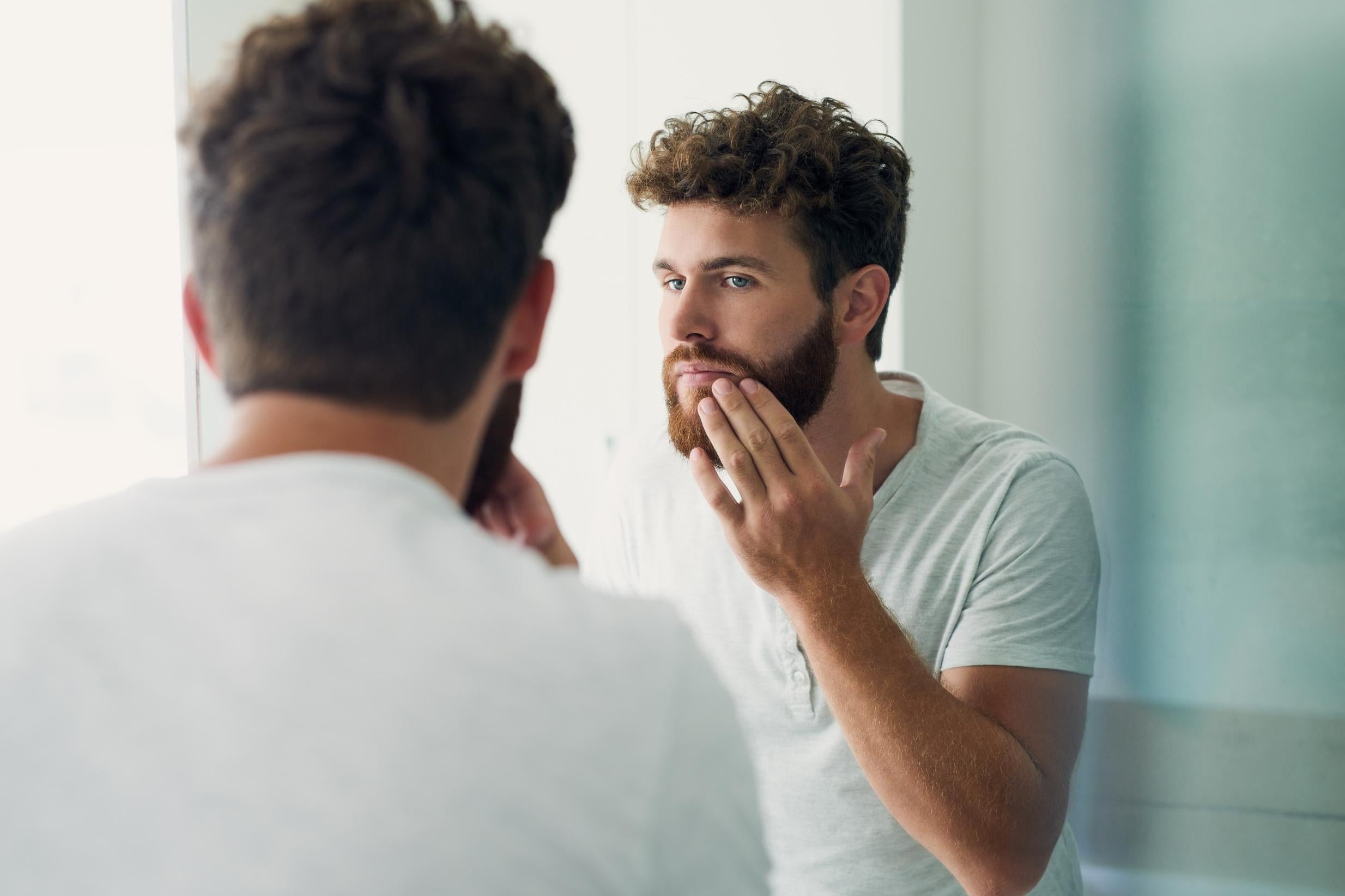This website uses cookies so that we can provide you with the best user experience possible. Cookie information is stored in your browser and performs functions such as recognising you when you return to our website and helping our team to understand which sections of the website you find most interesting and useful.

Facial hair may offer men more than just a stylistic choice, according to a new study, which suggests beards evolved to soften the impact of a punch and protect the jaw from harm.
Referencing Charles Darwin’s theory that a lion’s mane offers the animal protection, researchers recently conducted an experiment to decipher whether the same was true for humans.
According to the researchers, considering “the mandible, which is superficially covered by the beard, is one of the most commonly fractured facial bones in interpersonal violence,” it seemed likely beards are possible of providing “physical protection from strikes that would cause blunt trauma”.
To test the theory, the scientists created a fibre epoxy composite as a stand-in for the human jaw - as they noted that “it was not practical to obtain fully bearded skin samples from human cadavers” - which they then covered with sheepskin, before hitting with a blunt object.
For the experiment, the researchers used three types of sheep skin, with furred samples meant to mimic a full beard, sheared samples used to test whether the roots of hair follicles provided any protection and plucked samples meant to represent a hairless jaw.
According to their findings, published in the journal Integrative Organismal Biology, facial hair is capable of lessening the impact of blunt trauma, such as that of a fist.
“The results of this study indicate that hair is indeed capable of significantly reducing the force of impact from a blunt strike and absorbing energy, thereby reducing the incidence of failure,” the researchers wrote. “If the same is true for human facial hair, then having a full beard may help protect vulnerable regions of the facial skeleton from damaging strikes, such as the jaw.
“Presumably, full beards also reduce injury, laceration, and contusion, to the skin and muscle of the face.”
Noting that they did not test it in the study, the scientists also speculated that it is “likely that the hair of beards helps deflect an oblique blow by reducing friction between the face and the object striking it” - meaning beards may provide a protective advantage in “male contest competition”. However, they did add that the results "provide no evidence that beards provide protection against being knocked out".
The researchers also suggested that the findings may “also explain why facial hair is associated with high masculinity, social dominance, and behavioural aggressiveness, as it may function as a true indicator of level of invulnerability to facial injury”.
While the study did find beards are capable of lessening the damage from a blow, the scientists acknowledged that human facial hair varies greatly across populations by coarseness, density and thickness, and that “future research should incorporate these measures to determine which types of facial hair may provide the best protection against impact”.



 Africana55 Radio
Africana55 Radio 

